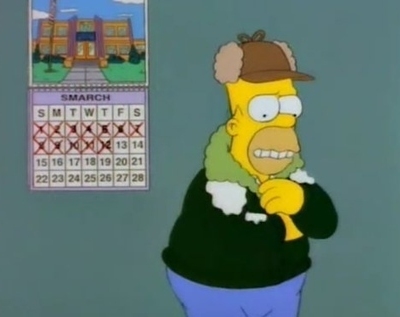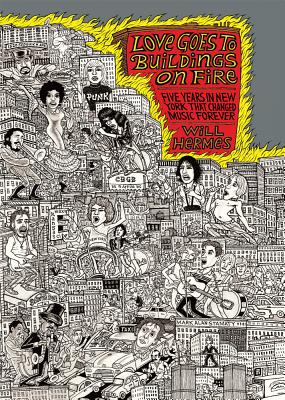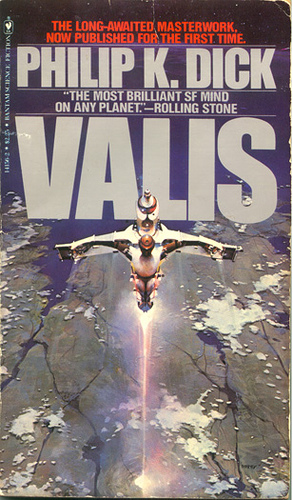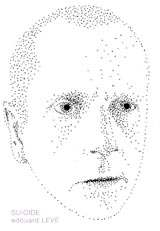Making Time: A Calendar Reform Primer
A calendar does more than measure our position in relation to the cosmos — it has to, since the cosmos are awfully remote. Against the backdrop of the hegemony of the Gregorian calendar, there have been multiple passes at calendar reform. I’ve gathered a few here.
What We Talk About When We Talk About The Minnesota Timberwolves
Sports are soap operas, and if you watch closely you can pick out the artists at work among gladiators.
LITERALLY Unbelievable: Adventures in Misreading
Recently, I’ve claimed schadenfreude as a winter sport. For those of us bound for hell, it’s a year-round activity, and unlike other winter sports the cold is but the occasion for it and not the cause.
It’s a losing battle to argue that records ruined music, but the record industry did some collateral damage to oral traditions.
Love Goes to Buildings on Fire – Will Hermes
New York itself is every bit as interesting as the music Hermes discusses. It’s old, it’s huge, and it is a perennial hub for music. It’s also volatile and mercurial, which makes it a compelling character in Hermes’ narrative.
Books becoming movies, movies becoming books
There’s no formula for making a successful film adaptation, so the results are wildly uneven when it comes to representing the source material. Adapters have different intentions for undertaking this kind of project, running the gamut between striking while the iron is hot and bringing a story to a new audience in earnest.
More than anything, Twitter is a medium that lives and dies by its utility. Given its relationship to vernacular, a manual of style would compromise that aspect.
Instead of being a feel-good story about the unbreakable bond between siblings, or about rock music’s healthy catharsis, Stone Arabia is about dealing with the subtle terror of growing old.
More so than the memory that death incites, Suicide is an exploration of forgetfulness and “memory’s caprices.” It’s a cruel irony, one that underscores the entire novel; that a defiant act meant to sharply etch a life into the minds eyes of the living ultimately does the opposite. No character gets a name, no character gets a face; only traces remain.











